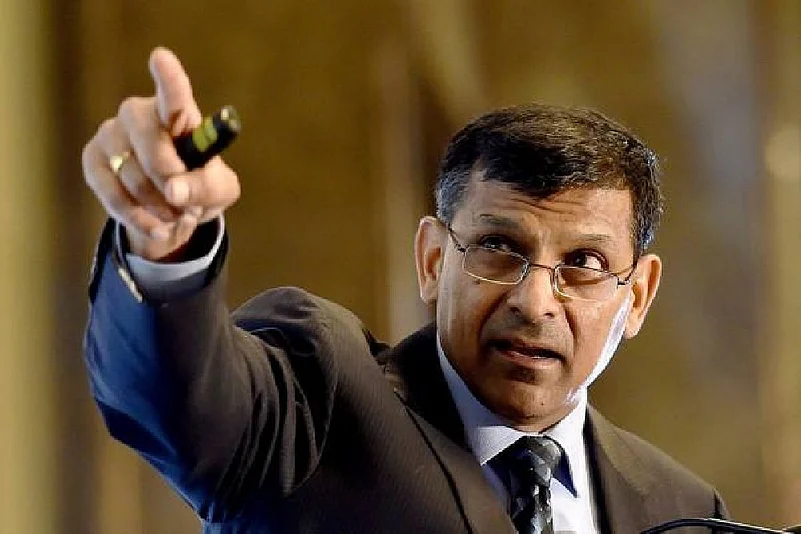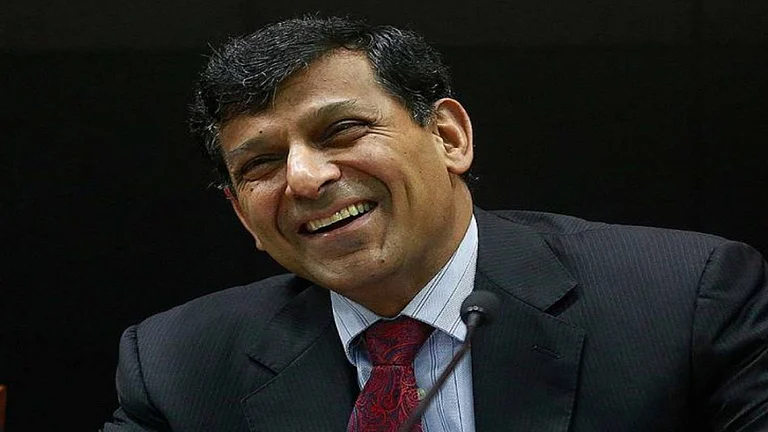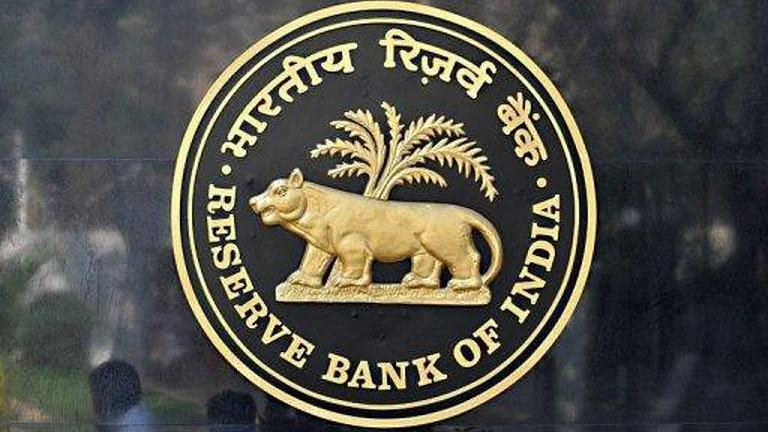Amid suggestions for excluding food inflation while setting benchmark interest rates, former RBI Governor Raghuram Rajan has said that he is against excluding food prices from headline inflation, as it would erode the 'great faith' of people in the central bank, which has been mandated by the government to keep inflation in check.
Rajan further said it is best that inflation target a basket which is what the consumer consumes because that affects the consumers perception of inflation and ultimately inflationary expectations.
"When I came into office, we were still targeting PPI (producer price index). Now that has no bearing to what the average consumer faces.
"So, when the RBI says inflation is low, look at PPI, but if the consumer is facing something very different, then they do not really believe that inflation is down," he told PTI.
Rajan was responding to a question on suggestions made in the Economic Survey 2023-24 for excluding food inflation while setting benchmark interest rates.
"So, if you leave out some of the most important parts of inflation and tell them, inflation is under control, but food prices are going to the roof or something else is going up, which is not included in the inflation basket, then you know, they would not have great faith in the Reserve Bank," he said.
Chief Economic Advisor V Anantha Nageswaran in the Economic Survey 2023-24 had pitched for excluding food inflation from the rate setting calls, saying that the monetary policy has no bearing on the prices of food items, which are dictated by supply side pressures.
Rajan, who is currently a professor of finance at US-based Chicago Booth, said the argument against excluding food inflation is that 'you cannot affect it'.
"You cannot affect food prices in the short run, but if food prices stay high for a long time that does imply there are constraints on producing food relative to the demand, which means to balance that you have to bring down inflation in other areas, which is what the central banks can do," the eminent economist said.
According to Rajan, the RBI can target the aggregate price level.
The weightage of food in the overall consumer price inflation, which stands at 46 per cent currently, was done in 2011-12, and needs to be revisited.
India introduced the inflation-targeting framework in 2016 under which the Reserve Bank of India (RBI) is mandated to keep retail inflation at 4 per cent, with a margin of 2 per cent on either side.
The benchmark policy rates are decided bi-monthly by the RBI on the basis of movement in consumer price index, which includes food, fuel, manufactured goods and select services.
The RBI projects retail inflation for 2024-25 at 4.5 per cent, lower than 5.4 per cent in the last fiscal.
Responding to a question on multiple allegations levelled by the US-based short seller Hindenburg Research and the Congress party against Sebi chief Madhabi Puri Buch, Rajan said that one has to be careful here as allegations can be made by anybody at any time.
"But if there is sufficient sort of investigation that has gone into allegations, then it is really important for the regulator to be like 'Caesar's wife must be above suspicion', which means that you have to address the allegations ... point by point," he said.
Pointing out that allegations against the Sebi chief is of conflicts of interest, Rajan said that the more detailed the investigation that has gone into the allegations, the more detailed in a sense, the response has to be point by point.
"Ultimately, I think it is important that our regulators be, you know, as credible as possible and that benefits the nation, benefits the markets. It benefits even the regulators themselves," he opined.
Last month, in a joint statement, Sebi chairperson Madhabi Puri Buch and her husband Dhaval Buch had denied the allegations of impropriety and conflict of interest levelled by Congress, saying they are false, malicious and motivated.
Asked to comment on the UPSC decision to withdraw its advertisement seeking lateral entry into the bureaucracy, Rajan said he thinks good talent, fresh blood in government is always a good thing.
"It has to respect the incentives of the people already in, you cannot sort of upset them by saying, we are going to close out all promotions for you by bringing people from outside...you have to respect the kinds of affirmative action," the former RBI governor said.
Rajan said he is not against lateral entry, but it requires some consensus building so that 'you do not anger too many people in the process'.































